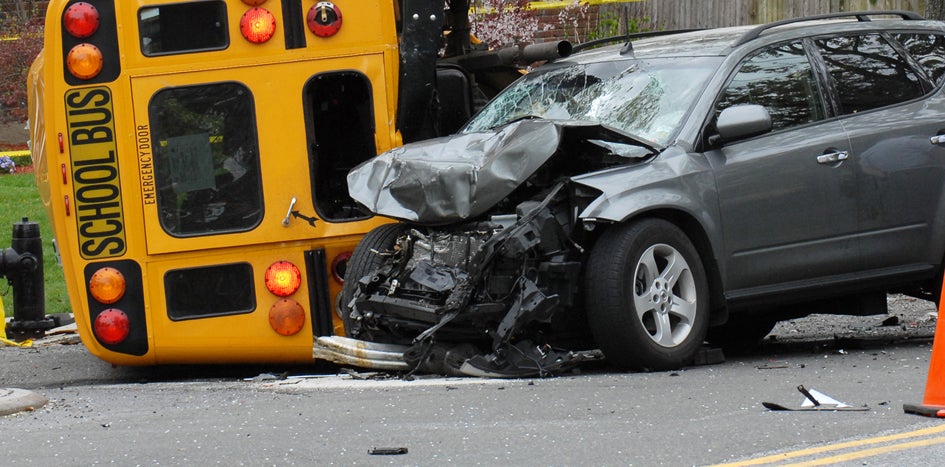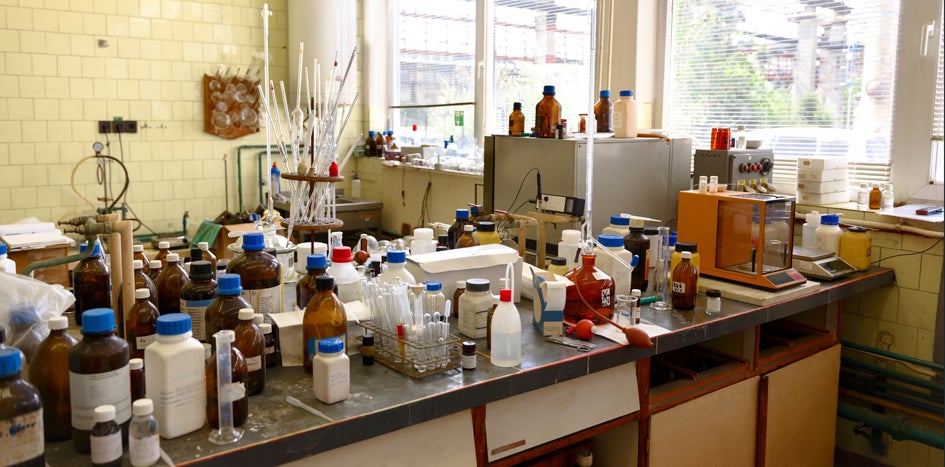Emerging Risk Alert: Chromebook Social Media Trend
Schools need to be aware of a concerning “challenge” circulating on social media. The “Chromebook Challenge” could pose a safety risk for staff and students. The challenge encourages students to intentionally damage their Chromebooks or laptops by inserting conductive objects— like lead from mechanical pencils, push pins, or paper clips— into the USB ports, creating a fire risk.
This intentional damage poses risks to not only property, but employees as well. The Fund has already received notice of an employee injury linked to this trend.
As you prepare for the end of the school year:
- Be on the lookout for Chromebooks and laptops with signs of tampering, overheating, or potential electrical hazards.
- Reach out to your regional Fund Risk Solutions Consultant to develop a plan for identifying and managing fire risks during equipment return.
- Check out these resources to learn more about how to protect against fire risk:
About the TASB Risk Management Fund
Established in 1974, the Fund offers comprehensive coverage that responds to the risks faced by public schools across Texas. Guided by a 21-member board of school administrators and board trustees, employees at TASB administer the Fund and provide solutions to help members maintain safe and secure places of learning.
You May Also Like…
View All Related Insights
Elements of Accident Prevention Plans
An accident prevention plan can keep employees safe at work and keep them from taking days off of work. We broke down how to create one and what to include.

How To Manage and Mitigate Your Burn Risks
From bustling kitchens to science labs to maintenance and transportation shops, there are plenty of opportunities for burns to occur at your school or community college.

The Importance of a Thorough Accident Investigation
Conduct accident investigations to uncover the root causes of workplace injuries, correct them, and reduce the risk of similar injuries.

Your Chemical Disposal Playbook
Learn why and how to safely and legally dispose of chemicals that are expired, improperly stored, or unnecessary.
